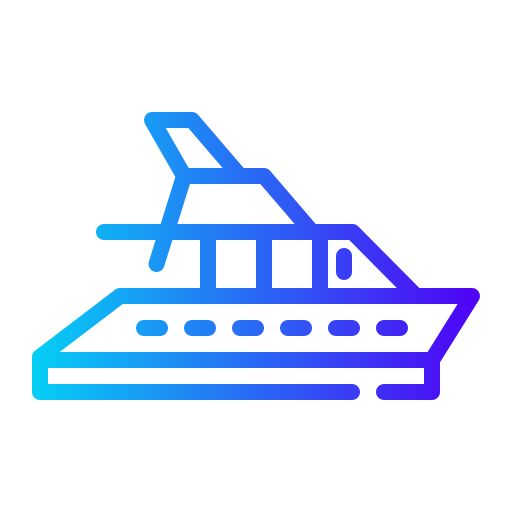Yacht Propulsion Systems: Which Is Best?
The selection of an appropriate propulsion system for a yacht is a critical decision that can significantly impact performance, efficiency, and overall enjoyment of the vessel. A variety of propulsion systems are available, each with its own set of advantages and disadvantages. This article delves into the most common types of yacht propulsion systems, assesses their suitability based on different criteria, and helps determine which might be the best choice for specific needs.
Understanding Yacht Propulsion Systems
Boat propulsion systems primarily fall into two categories: mechanical systems (inboard and outboard engines) and alternative systems (sailing vessels and electric propulsion). These can be broken down further into their fundamental concepts:
Inboard Engines
Inboard engines are often diesel-powered and installed within the hull of the yacht. They drive the propeller through a shaft and gearbox system. The main advantages include:
- Efficiency: Diesel engines are known for their fuel efficiency and longevity, making them ideal for long-distance cruising.
- Power Output: They offer significant torque and power, suitable for larger boats and high-speed sailing.
- Stability: The engine is located centrally, aiding in the vessel’s balance and stability.
Outboard Engines
Outboard engines are attached externally at the rear of the yacht. They are versatile and often used in smaller boats. Key characteristics include:
- Space Saving: Allows for more usable space in the yacht’s interior.
- Easy Maintenance: Easy access to the engine simplifies servicing and repairs.
- Fuel Variety: Available in both two-stroke and four-stroke configurations, offering flexibility in fuel choice.
Sailing Vessels
Sailing yachts utilize wind as their primary propulsion medium, with sails capturing the wind’s power. Advantages include:
- Eco-Friendly: They operate without fuel, reducing carbon emissions.
- Operational Costs: Lower running costs, as wind is a free resource.
- Experience: Provides a unique sailing experience with a connection to nature.
Electric Propulsion Systems
Electric engines have gained popularity in recent years. They can be used in hybrid configurations with traditional engines or as standalone systems. Considerations include:
- Quiet Operation: They are much quieter than gasoline or diesel engines, enhancing the boating experience.
- Maintenance: Fewer moving parts result in lower maintenance needs.
- Renewable Energy Integration: Capable of running on batteries charged by solar panels or wind turbines, increasing sustainability.
Comparative Analysis of Yacht Propulsion Systems
| Type | Pros | Cons | Best For |
|---|---|---|---|
| Inboard Engines | High efficiency, stability, long lifespan | Higher initial cost, complex installation | Long-distance cruisers, larger yachts |
| Outboard Engines | Space-saving, easy maintenance, flexible | Less powerful compared to inboards, limited fuel efficiency | Smaller yachts, fishing boats |
| Sailing Vessels | Eco-friendly, lower running costs | Weather dependent, requires sailing skills | Adventurous sailors, recreational cruising |
| Electric Propulsion | Quiet, low maintenance, integrates with renewables | Limited range, may require infrastructure for charging | Environmental enthusiasts, short trips |
Determining the Best Option
Choosing the best yacht propulsion system will depend largely on individual preferences, intended use, and budget. Here are some considerations:
- Intended Use: Long-distance cruising favors inboard engines, while day cruising and fishing may benefit from outboards.
- Environmental Concerns: Those prioritizing sustainability may lean towards sailing vessels or hybrid electric systems.
- Budget: Initial costs, maintenance expenses, and fuel consumption can heavily influence the decision.
Conclusion
In the world of yacht propulsion, there is no one-size-fits-all solution. The best system varies according to personal needs, preferences, and intended use. Understanding the nuances between inboard, outboard, sailing, and electric systems allows potential yacht owners to make informed decisions, ensuring a rewarding and pleasurable boating experience.
